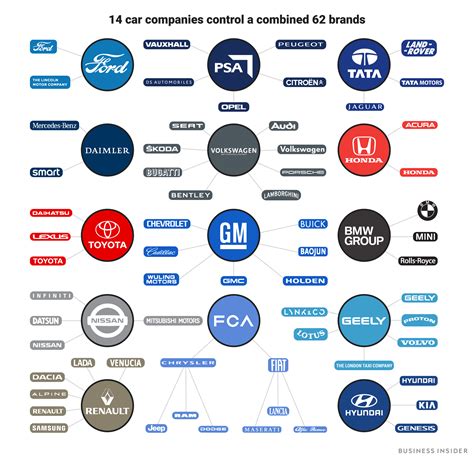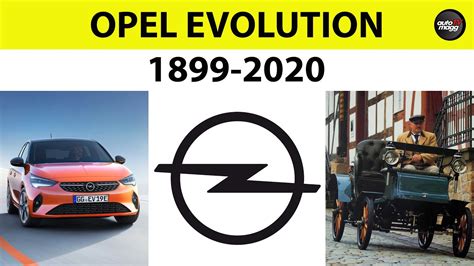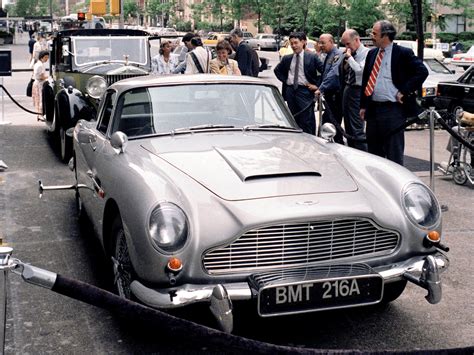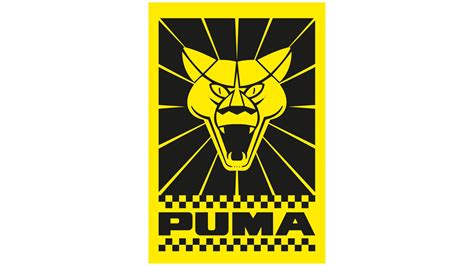Discover Renault’s early beginnings, innovation, and global success. Learn about Renault’s resilience during WWII and post-war recovery. Find out how Renault became a global automotive powerhouse.
Early Beginnings of Renault
Contents
Title
Content
At the start of the 20th century, the Renault car company was founded in 1899 by Louis Renault and his brothers Marcel and Fernand. The brothers quickly gained recognition for their innovative designs and engineering, particularly in the area of automobiles, which were still a relatively new invention at the time. With the introduction of the Vauchelotte engine, Renault gained attention for producing reliable and powerful vehicles.
As the company grew, Louis Renault’s focus and passion for automobiles led to several significant developments that set the stage for Renault’s future success. In 1905, Renault introduced its first mass-produced car, the Type AG, which featured a groundbreaking shaft-driven system for transmitting power to the rear wheels. This innovation quickly became a signature feature of Renault vehicles, setting them apart from their competitors.
In the same year, Renault made a bold move by entering the world of motorsport. This decision proved to be a turning point for the company, as Renault quickly gained a reputation for producing high-performance vehicles that dominated the racing circuit. The success in motorsport further solidified Renault’s position as a leader in the automotive industry.
By the early 1920s, Renault had established itself as one of the most prominent car manufacturers in Europe, with a reputation for quality, performance, and innovation. The early beginnings of Renault set the stage for the company’s future growth and success, laying the foundation for the pioneering automotive advancements that would define the company for decades to come.
Innovation and Expansion
The Renault company has a long history of innovation and expansion, constantly striving to stay ahead of the curve in the automotive industry. From the early days of the company, its founders were focused on pushing the boundaries of what was possible with car design and engineering. This commitment to innovation has remained a core part of the company’s identity, driving its expansion into new markets and new technologies.
One of the key areas of innovation for Renault has been in the realm of electric vehicles. The company has been a pioneer in this area, developing cutting-edge electric car technology that has helped to shape the future of the automotive industry. By investing in research and development, Renault has been able to create a range of electric vehicles that are both efficient and affordable, making them accessible to a wider range of consumers.
Another area where Renault has shown a commitment to innovation and expansion is in its global reach. The company has continually sought to expand its presence in new markets around the world, seeking out new opportunities for growth and development. By establishing partnerships and joint ventures with other companies, Renault has been able to tap into new markets and expand its influence on a global scale.
One of the most notable examples of this expansion is Renault’s acquisition of the Romanian car manufacturer Dacia in 1999. This move allowed Renault to establish a strong presence in Eastern Europe, tapping into a new market and gaining access to a range of new technologies and production facilities. This expansion has been a key part of Renault’s global success, helping the company to establish itself as a major player in the international automotive industry.
Renault during World War II
During World War II, the Renault car company played a significant role in the war effort. The company’s factories were repurposed to produce military vehicles, tanks, aircraft engines, and ammunition for the French military and later for the German occupation forces.
Despite operating under the control of the occupying forces, the Renault factories also became centers of resistance activities. Workers engaged in sabotage and acts of defiance, disrupting production and aiding the French Resistance movement.
However, the company’s collaboration with the German forces led to controversy and legal repercussions after the war. Renault’s wartime activities and its role in the Nazi war effort remained a contentious issue in the post-war years and had a lasting impact on the company’s reputation.
Renault’s operations during World War II reflect a complex and controversial chapter in the company’s history, one that continues to be examined and debated by historians and scholars today.
Renault’s Post-War Recovery
After the devastation of World War II, Renault faced a major challenge in rebuilding its operations and reputation. The company had suffered significant damage to its factories and infrastructure during the war, and the post-war period presented a time of great uncertainty and economic hardship. However, Renault was determined to recover and emerge stronger than ever.
One of the key strategies employed by Renault during its post-war recovery was a focus on innovation and technological advancement. The company invested heavily in research and development, seeking to differentiate itself from its competitors and regain its position as a leader in the automotive industry. This commitment to innovation led to the development of groundbreaking new models and technologies, helping to reestablish Renault as a pioneering force in the market.
Another crucial element of Renault’s post-war recovery was its expansion into new international markets. The company recognized the importance of diversifying its customer base and reducing its reliance on the French market, which had been severely disrupted by the war. By establishing new partnerships and distribution channels in key regions around the world, Renault was able to tap into previously untapped markets and fuel its growth and recovery.
Furthermore, Renault’s post-war recovery was bolstered by a strong emphasis on quality and customer satisfaction. The company understood the need to rebuild trust and confidence among consumers, many of whom had endured great hardship during the war. Through a renewed commitment to producing reliable, high-quality vehicles and providing excellent customer service, Renault was able to win back the loyalty of its customer base and attract new buyers to its brand.
Renault’s Global Success
Renault, a French multinational automobile manufacturer, has experienced tremendous global success over the years. The company’s journey from its early beginnings to becoming a global automotive industry leader is truly remarkable. Through continuous innovation and strategic expansion efforts, Renault has established a strong presence in numerous international markets.
One of the key factors contributing to Renault’s global success is its commitment to delivering high-quality vehicles that meet the diverse needs of consumers around the world. The company’s focus on innovation and technological advancements has enabled it to develop a wide range of popular car models that appeal to various market segments. From compact city cars to electric vehicles and commercial vans, Renault has consistently adapted to evolving consumer demands, solidifying its position as a leading global automotive brand.
In addition to its product offerings, Renault has also strategically expanded its presence in key international markets through strategic partnerships and joint ventures. The company’s global success can be attributed to its ability to form alliances with local partners in different regions, allowing it to leverage local expertise and resources while establishing a strong foothold in new markets.
Furthermore, Renault’s commitment to sustainability and corporate social responsibility has also played a significant role in its global success. The company’s efforts to develop eco-friendly, fuel-efficient vehicles and its investment in renewable energy technologies have resonated with environmentally conscious consumers worldwide, contributing to its positive brand image and long-term success in the global automotive industry.













